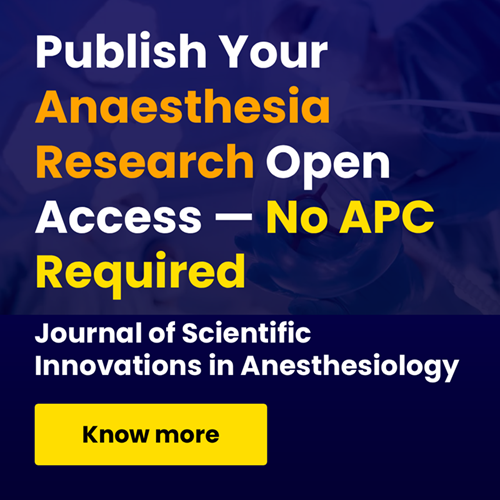Journal of Molluscan Studies
Published by Oxford University Press (Journal Finder)
ISSN : 0260-1230 eISSN : 1464-3766
Abbreviation : J. Molluscan Stud.
Aims & Scope
The Journal of Molluscan Studies accepts papers on all aspects of the study of molluscs.
These include systematics, molecular genetics, palaeontology, ecology, evolution, and physiology.
Where the topic is in a specialized field (e.g. parasitology, neurobiology, biochemistry, molecular biology), submissions will still be accepted as long as the mollusc is the principal focus of the study, and not incidental or simply a convenient experimental animal.
Papers with a focus on fisheries biology, aquaculture, and control of molluscan pests will be accepted only if they include significant advances in molluscan biology.
While systematic papers are encouraged, descriptions of single new taxa will only be considered if they include some ‘added value’, for example in the form of new information on anatomy or distribution, or if they are presented in the context of a systematic revision or phylogenetic analysis of the group.
View Aims & ScopeMetrics & Ranking
Impact Factor
| Year | Value |
|---|---|
| 2025 | 1.2 |
| 2024 | 1.90 |
SJR (SCImago Journal Rank)
| Year | Value |
|---|---|
| 2024 | 0.434 |
Quartile
| Year | Value |
|---|---|
| 2024 | Q2 |
h-index
| Year | Value |
|---|---|
| 2024 | 53 |
Journal Rank
| Year | Value |
|---|---|
| 2024 | 13018 |
Journal Citation Indicator
| Year | Value |
|---|---|
| 2024 | 161 |
Impact Factor Trend
Abstracting & Indexing
Journal is indexed in leading academic databases, ensuring global visibility and accessibility of our peer-reviewed research.
Subjects & Keywords
Journal’s research areas, covering key disciplines and specialized sub-topics in Agricultural and Biological Sciences, designed to support cutting-edge academic discovery.
Most Cited Articles
The Most Cited Articles section features the journal's most impactful research, based on citation counts. These articles have been referenced frequently by other researchers, indicating their significant contribution to their respective fields.
-
Review of the systematics and global diversity of freshwater mussel species (Bivalvia: Unionoida)
Citation: 330
Authors: Daniel L., Kevin S.
-
ON THE ORIGIN AND EVOLUTION OF MAJOR GASTROPOD GROUPS, WITH SPECIAL REFERENCE TO THE STREPTONEURA
Citation: 289
Authors: GERHARD
-
An improved method for DNA isolation from mucopolysaccharide-rich molluscan tissues
Citation: 195
Authors: Eugene P.
-
INTERACTIONS BETWEEN EPIPHYTES, MACROPHYTES AND FRESHWATER SNAILS: A REVIEW
Citation: 154
Authors: CHRISTER
-
<i>POTAMOPYRGUS ANTIPODARUM</i>—A MOLLUSCAN COLONISER OF EUROPE AND AUSTRALIA
Citation: 132
Authors: W.F.
-
A COMPARISON OF FEEDING MECHANISMS IN MICROPHAGOUS, HERBIVOROUS, INTERTIDAL, PROSOBRANCHS IN RELATION TO RESOURCE PARTITIONING
Citation: 126
Authors: S. J., D. C., A. S., S. P., M. A., S., T. A.
-
Evolution within the gastropod mollscs; using the ribosomal RNA gene-cluster as an indicator of phyolgenetic relationships
Citation: 124
Authors: Christopher M., Peter B.
-
A comparison of methods for the assessment of condition in the mussel (Mytilus edulis L.)
Citation: 123
Authors: John, Xiaogang
-
MOLLUSCAN SHELL PIGMENTS: AN IN SITU RESONANCE RAMAN STUDY
Citation: 121
Authors: CLAUS, JEAN-FRANÇOIS, DANIEL
-
Worldwide phylogeography of limpets of the order Patellogastropoda: molecular, morphological and palaeontological evidence
Citation: 113
Authors: Tomoyuki, Tomowo

